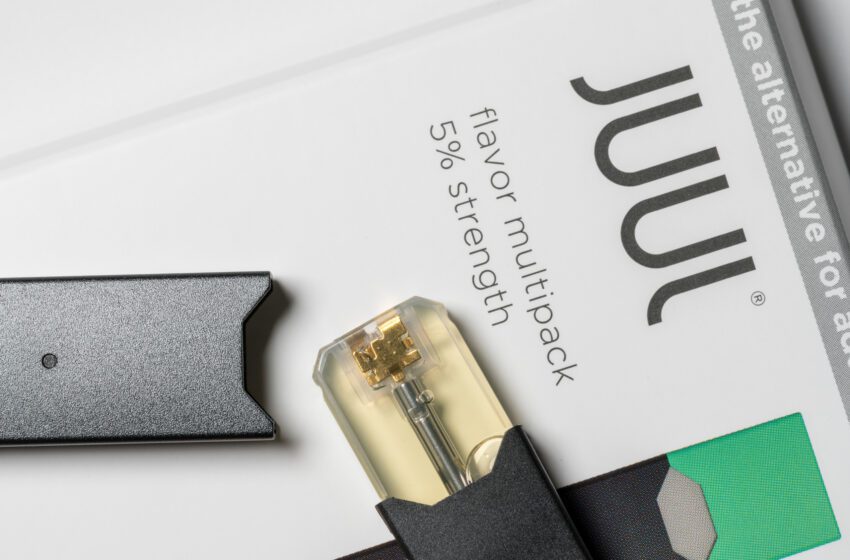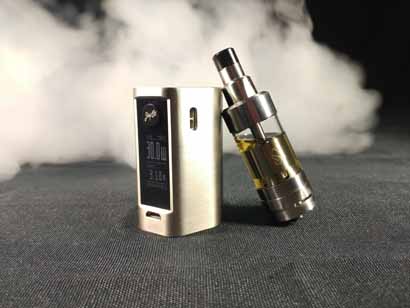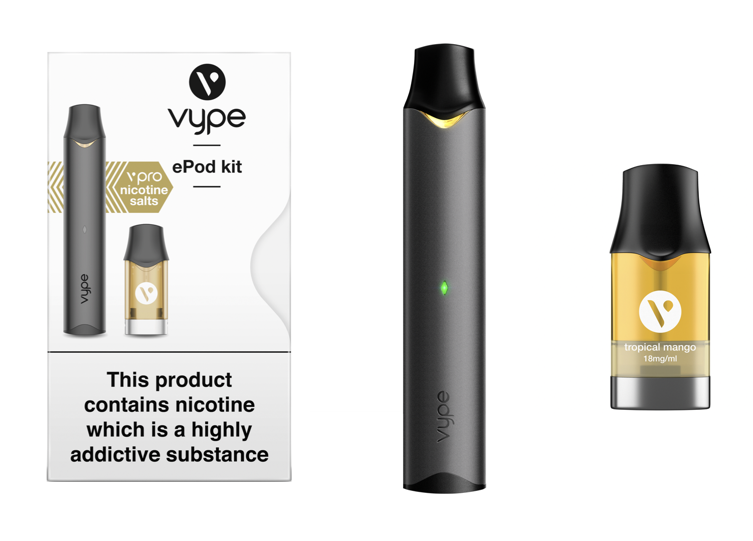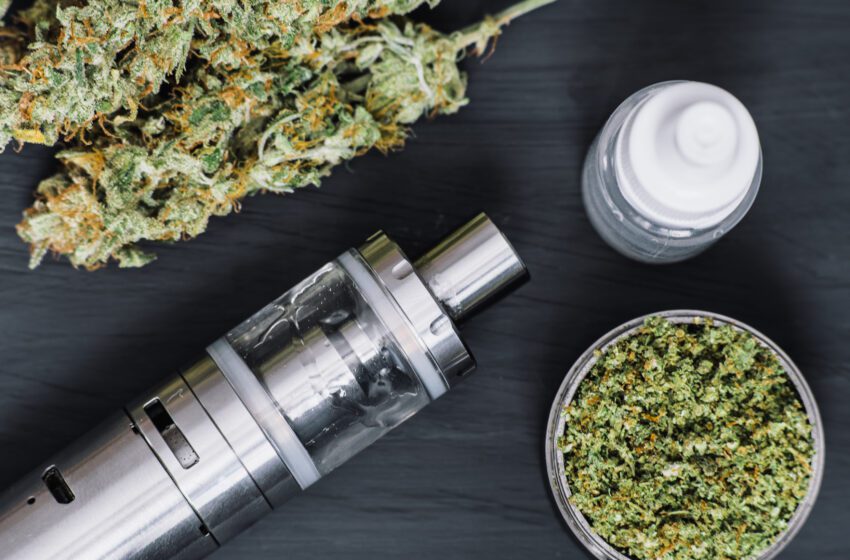There is a battle brewing between two leading tobacco harm-reduction researchers over a study that links vaping to an increased chance of heart disease. The argument has muddied the science behind vaping and confused consumers.
According to a story in USA Today, Brad Rodu, a University of Louisville professor, asked the Journal of the American Heart Association to retract a study out last month by University of California, San Francisco professor Stanton Glantz (pictured).
The study, co-authored by Dharma Bhatta, claimed adult vaping was “associated with” a doubled risk of heart attack, but Glantz went farther in a blog post, saying the study represented “more evidence that e-cigs cause heart attacks,” the story states.
However, when Rodu obtained the federal data, he found the majority of the 38 patients in the study who had heart attacks had them before they started vaping — by an average of 10 years earlier. In his letter to the editors, Rodu called Glantz’s findings “false and invalid,” according to the story.
“Their analysis was an indefensible breach of any reasonable standard for research on association or causation,” wrote Rodu and Nantaporn Plurphanswat, a research economist at University of Louisville’s James Graham Brown Cancer Center. “We urge you to take appropriate action on this article, including retraction.”
Glantz says Rodu has a history of “slicing and dicing” his and others’ research “to make the effects go away,” the story states.
Stanton Glantz is a professor of medicine at University of California, San Francisco and the Truth Initiative Distinguished Professor of Tobacco Control.
Glantz insists vaping leads to heart attacks even if he first called his secondary analysis that included the timing of heart attacks “not statistically significant.” He now says it is simply “underpowered” due to the small number of cases. It was his second study in 10 months to focus on heart attacks and vaping, using battery-powered devices to heat liquid-based nicotine into inhalable vapor, according to the story.









